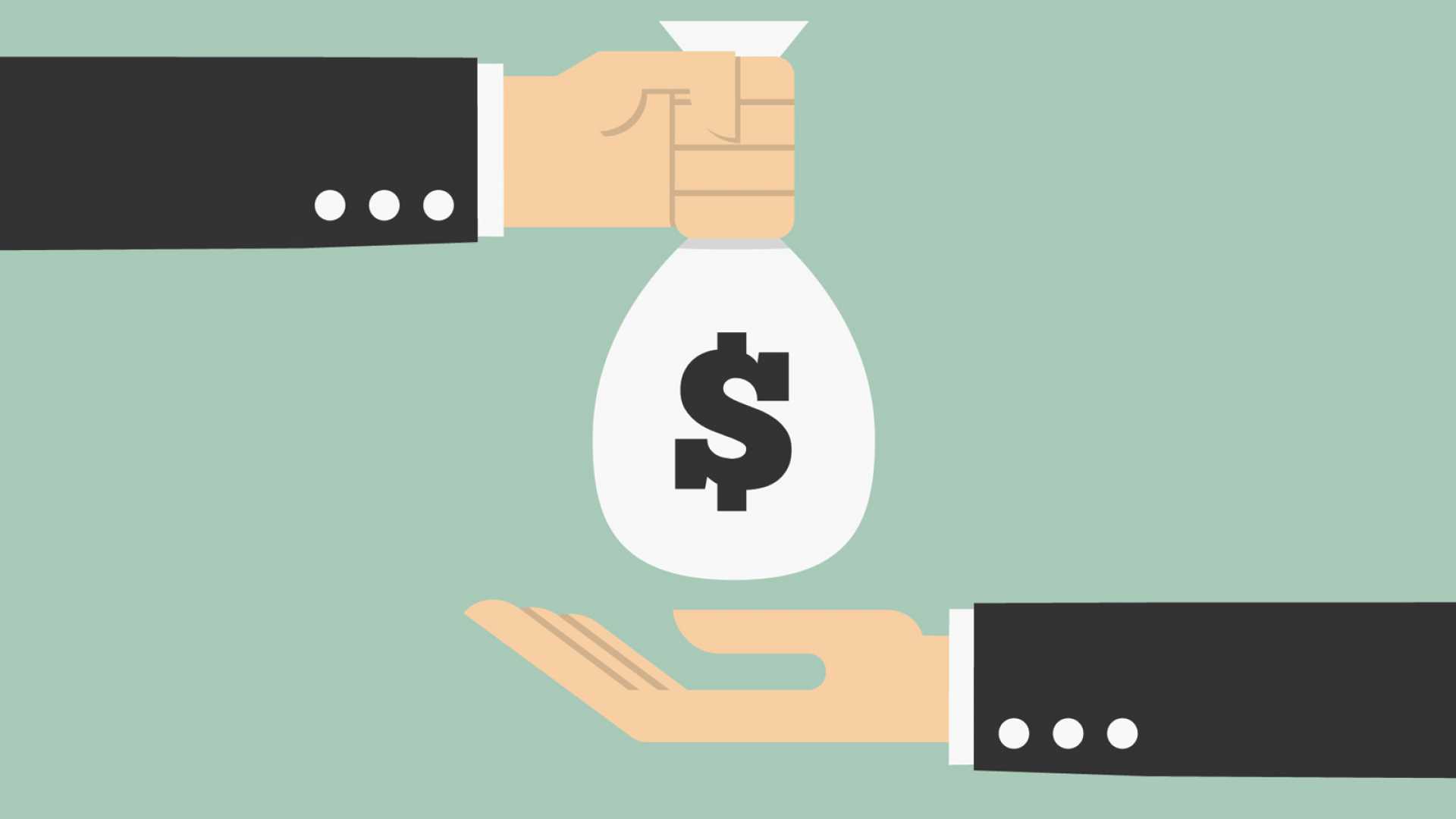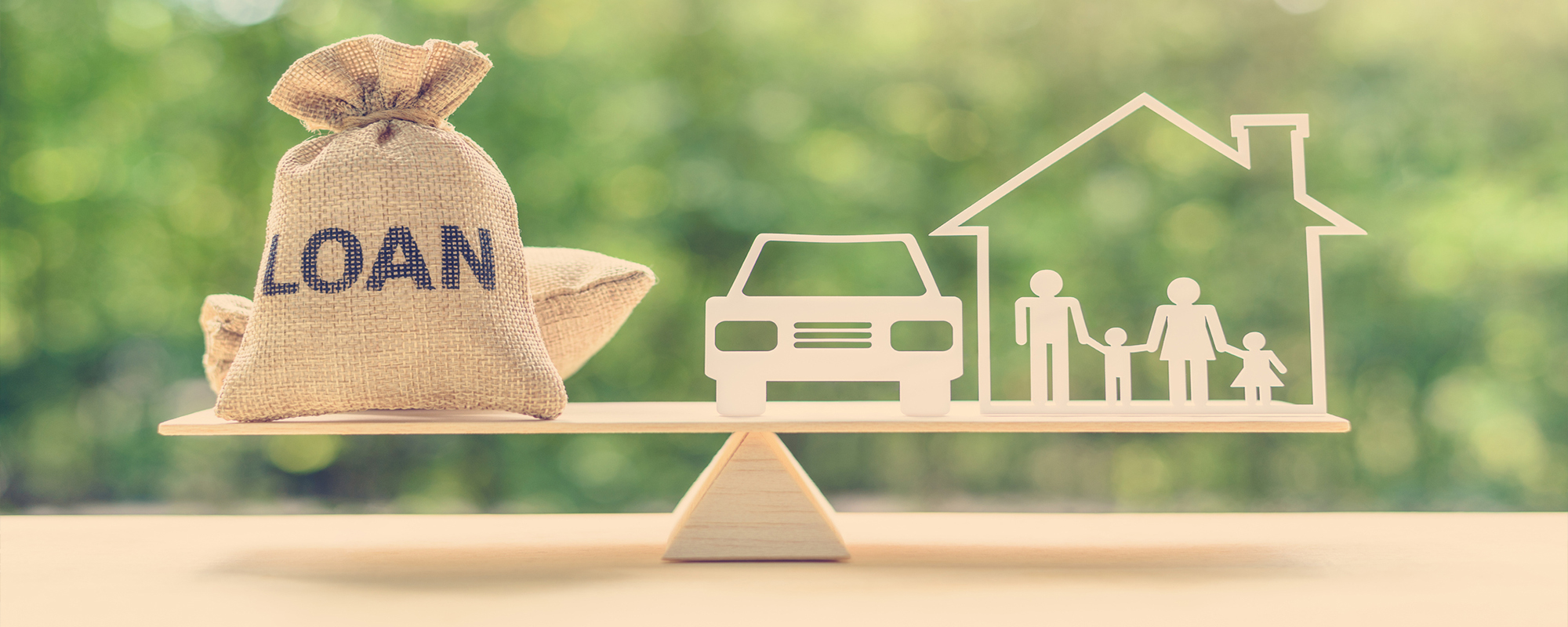Comprehending the Influence of Rates Of Interest on Home Loans for First-Time Buyers
Navigating the maze of home fundings can be intimidating for first-time customers, particularly when interest rates play a critical duty in shaping their financial trip. The choice between fixed and adjustable-rate mortgages lugs significant repercussions, impacting month-to-month budgets and lasting financial security. As passion rates rise and fall with economic changes, understanding their decision comes to be vital.
How Interest Prices Are Identified
Rates of interest on mortgage are determined by a complex interaction of economic variables and policies. The primary driver is the monetary policy established by main financial institutions, such as the Federal Get in the USA, which readjusts the government funds price to influence economic activity. When the reserve bank elevates this price, obtaining becomes more expensive, frequently resulting in increased home finance rates of interest. On the other hand, lowering the government funds price can make borrowing cheaper, possibly minimizing home loan rates.
One more influential aspect is inflation. Greater inflation normally results in greater rate of interest as lenders require more return to counter the decreasing buying power of future payments. Financial growth additionally plays a critical role; in durations of durable economic performance, need for credit boosts, which can increase rate of interest.
Furthermore, the bond market dramatically impacts home loan prices. Long-term rates of interest, consisting of those for mortgage, are carefully connected to returns on federal government bonds. As bond yields rise, so do home loan prices, mirroring the raised cost of long-term borrowing.

Sorts Of Interest Rates
Recognizing the various types of rate of interest prices is integral to comprehending exactly how home financings function. A fixed interest rate stays continuous throughout the term of the loan.
On the other hand, a variable rate of interest rate, likewise referred to as a flexible price, rises and fall over time, generally in reaction to modifications in a specified criteria or index. These rates commonly begin less than fixed prices, which can be attractive to first-time buyers. However, they entail the risk of increasing over time, possibly causing greater general expenses if market prices rise.
In addition, some lenders use hybrid rate of interest, incorporating aspects of both taken care of and variable rates. For example, an initial period with a fixed price may be complied with by a variable rate. Understanding these differences is vital for debtors to make informed choices that line up with their financial scenarios and risk resistance, as each type offers possible downsides and special advantages.

Impact on Regular Monthly Repayments
Month-to-month settlements on mortgage are directly influenced by the kind of rate of interest selected, which can substantially influence a borrower's financial planning. Fixed-rate mortgages offer stability, as the rate of interest continues to be unmodified over the loan's term, ensuring that monthly payments continue to be constant. This predictability aids in budget preparation, giving a clear economic photo over the finance's period. On the other hand, adjustable-rate home loans (ARMs) initially present reduced rate of interest, which can lead to smaller sized preliminary repayments. These rates are subject to fluctuations based on market conditions after the preliminary set period, potentially boosting regular monthly commitments.
Fixed-rate fundings secure against market volatility, supplying peace of mind but frequently at a higher preliminary price contrasted to ARMs. On the other hand, ARMs might fit buyers anticipating income growth or those preparing to offer before the rate adjustment happens, enabling them to capitalize on reduced settlements.
Long-lasting Financial Ramifications
The choice of interest price type for a home funding prolongs past immediate regular monthly settlements, lugging substantial lasting financial effects. A fixed-rate home loan, for example, provides security by securing in passion prices for the period of the funding term, securing customers from future rate increases.
On the other hand, a variable-rate mortgage (ARM) normally begins with a reduced rate of interest, which can result in lower preliminary payments. Over time, nevertheless, the price can vary based on market problems, possibly causing greater repayments. This variability presents an element of unpredictability, which might influence economic security if prices raise significantly.

Approaches for Taking Care Of Prices
Navigating rate of interest prices on home finances requires calculated planning to enhance economic outcomes. Newbie homebuyers must consider locking in passion prices when they are beneficial, as this can secure them from potential rate walkings prior to their car loan closing.
An additional strategy includes choosing the appropriate car loan kind. Fixed-rate home mortgages offer stability, securing borrowers from future rate boosts, while variable-rate mortgages (ARMs) may use reduced initial rates with the danger of future modifications. When choosing between these alternatives., purchasers must meticulously analyze their financial situation and threat resistance.
Last but not least, maintaining a strong credit score account is critical. A greater credit report can significantly boost arrangement power for extra desirable rate of interest rates. Frequently evaluating credit report reports, internet dealing with inaccuracies, and lowering superior financial obligation can enhance overall credit reliability, consequently positioning customers to safeguard the most advantageous prices offered.
Conclusion
A thorough understanding of rates of interest on home loans is crucial for newbie buyers to make enlightened decisions. Fixed-rate home mortgages use stability with predictable payments, securing against future price increases, while adjustable-rate home mortgages present first savings with prospective future cost volatility. Examining the effect on regular monthly payments and long-lasting economic health enables customers to line up selections with financial goals and take the chance of tolerance. Strategic administration of rates of interest can substantially affect homeownership success and financial wellness.
When the central bank raises this rate, borrowing ends up being more official source pricey, typically leading to enhanced home funding rate of interest prices.In contrast, a variable rate of interest price, also known as an adjustable rate, varies over time, normally in feedback to adjustments in a specified benchmark or index.Additionally, some lenders offer hybrid interest prices, incorporating components of both dealt with and variable prices - pre approval student loans. A fixed-rate home loan, for example, provides stability by securing in passion prices for the duration of the car loan term, safeguarding customers from future rate rises. Newbie property buyers ought to consider securing in rate of interest rates when they are desirable, as this can secure them from prospective rate walks before their car loan closing
 Jonathan Taylor Thomas Then & Now!
Jonathan Taylor Thomas Then & Now! Amanda Bearse Then & Now!
Amanda Bearse Then & Now! Macaulay Culkin Then & Now!
Macaulay Culkin Then & Now! Raquel Welch Then & Now!
Raquel Welch Then & Now! Bernadette Peters Then & Now!
Bernadette Peters Then & Now!